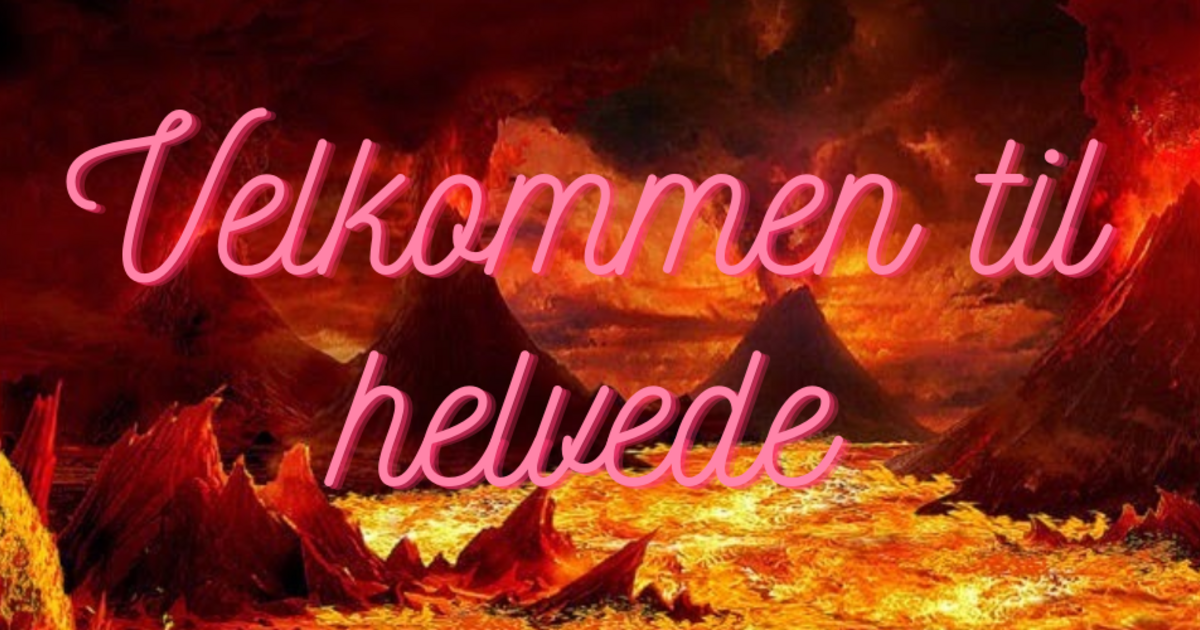"Today, we are facing the possibility of a global system that is not organized by a hegemonic power, in the way that Giovanni Arrighi and many others understood it. The abandonment by the United States of the tools of hegemonic organization does not necessarily mean that another nation-state will take up that mantle. The question appears, then, whether such a nonhegemonic project can be effective and lasting. For now, a centrifugal and conflictive multipolarity seems to be an adequate description of the state of the world. From this perspective, a continuing or even permanent war regime begins to appear as a necessary component of both the organization of the world market and the conditions of capitalist development. The capitalist world has always required violence and dispossession, beyond the “mute compulsion” of economic forces, just as all regimes of capitalist “free trade” have required weapons of dominant states and imperial regimes. One difference of the current conjuncture is that there appears to be no need to legitimize the exercise of force with claims to democratic ideals or civilizing missions. The post-hegemony tendency in the global sphere clearly coincides in these, among other, respects with the increase in the domestic sphere of authoritarian and fascist rule.
As we suggested above, many of these developments appear to revive classical characteristics of imperialism, with the marriage between vast capitalist monopolies or cartels and the power of dominant states, together with practices of territorial expansion. Today these gigantic capitalist actors are directly political in ways they have not been before. Beyond the political role always played by processes of gigantic accumulation of wealth, indeed, big platforms tend to build basic infrastructures of social and economic life, competing with states and emerging as direct governmental actors. "
https://www.versobooks.com/blogs/news/the-coming-post-hegemonic-world





